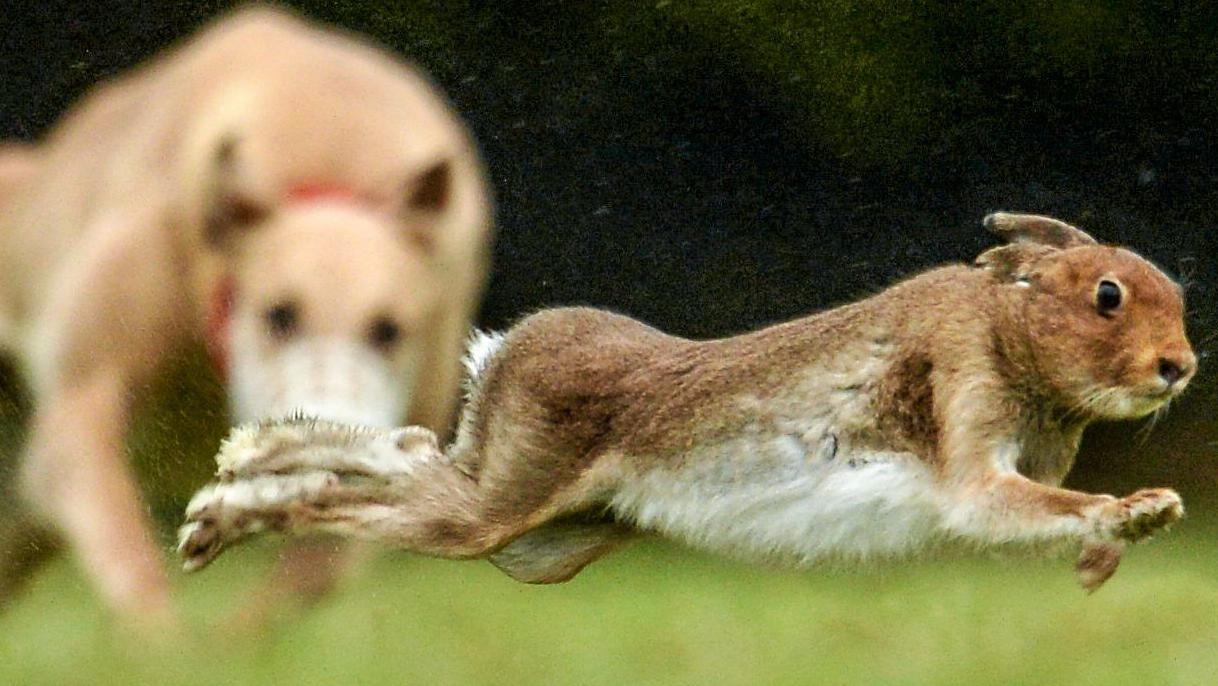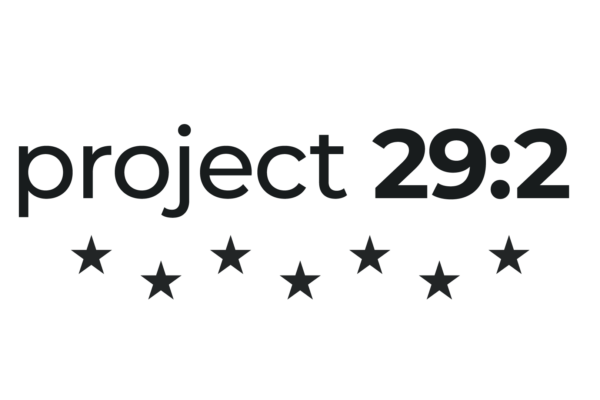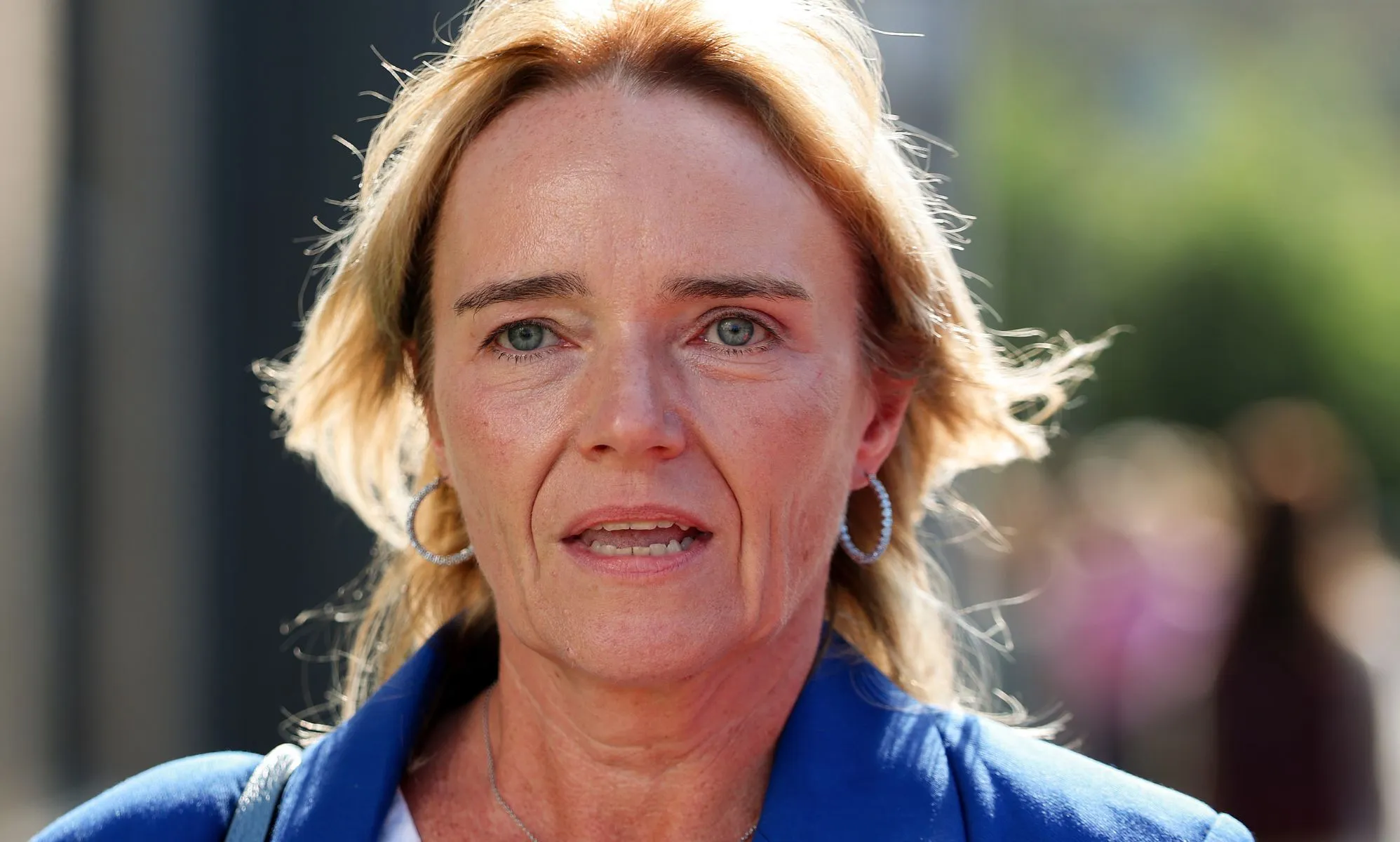
Introduction to Hare Coursing
Hare coursing, a competitive sport where dogs chase hares, has received increasing scrutiny in the UK due to its associated ethical concerns and legal implications. As communities grapple with illegal hare coursing activities, both the welfare of animals and public safety have come to the forefront of discussions surrounding this controversial practice.
Legal Framework and Current Crackdowns
In the UK, the Hunting Act 2004 effectively bans hare coursing and similarly cruel practices. Yet, despite strict repercussions, hare coursing persists, often moving underground and becoming more challenging to regulate. In late 2023, law enforcement agencies have intensified their efforts to combat illegal hare coursing, launching operations that involve surveillance and proactive patrolling in known hotspots.
Impact on Wildlife and Rural Communities
The impacts of hare coursing extend beyond animal welfare; they also affect rural communities. Many local residents express concerns about the disruption caused by hare coursers, including vandalism and trespassing on private land. Moreover, the stress on local wildlife has seen a decline in hare populations, raising biodiversity concerns.
Community Responses and Initiatives
In response to this issue, various organisations and local communities have banded together to raise awareness and promote animal welfare. Campaigns have been set up to educate the public on the implications of hare coursing and to encourage reporting of illegal activities. Community groups are also lobbying for tougher penalties for offenders to help deter crime.
Conclusion: The Future of Hare Coursing
The future of hare coursing in the UK remains uncertain as authorities continue to confront the challenges posed by this illicit activity. As public awareness grows and community actions intensify, there is hope for stronger enforcement measures and, ultimately, the preservation of hare populations and the welfare of rural communities. It is essential for citizens to remain vigilant and support organisations advocating against this practice to ensure a compassionate approach towards wildlife in the UK.
You may also like

The Eden Project: A Sustainable Hub for Biodiversity

The Sandie Peggie Employment Tribunal: Latest Developments
